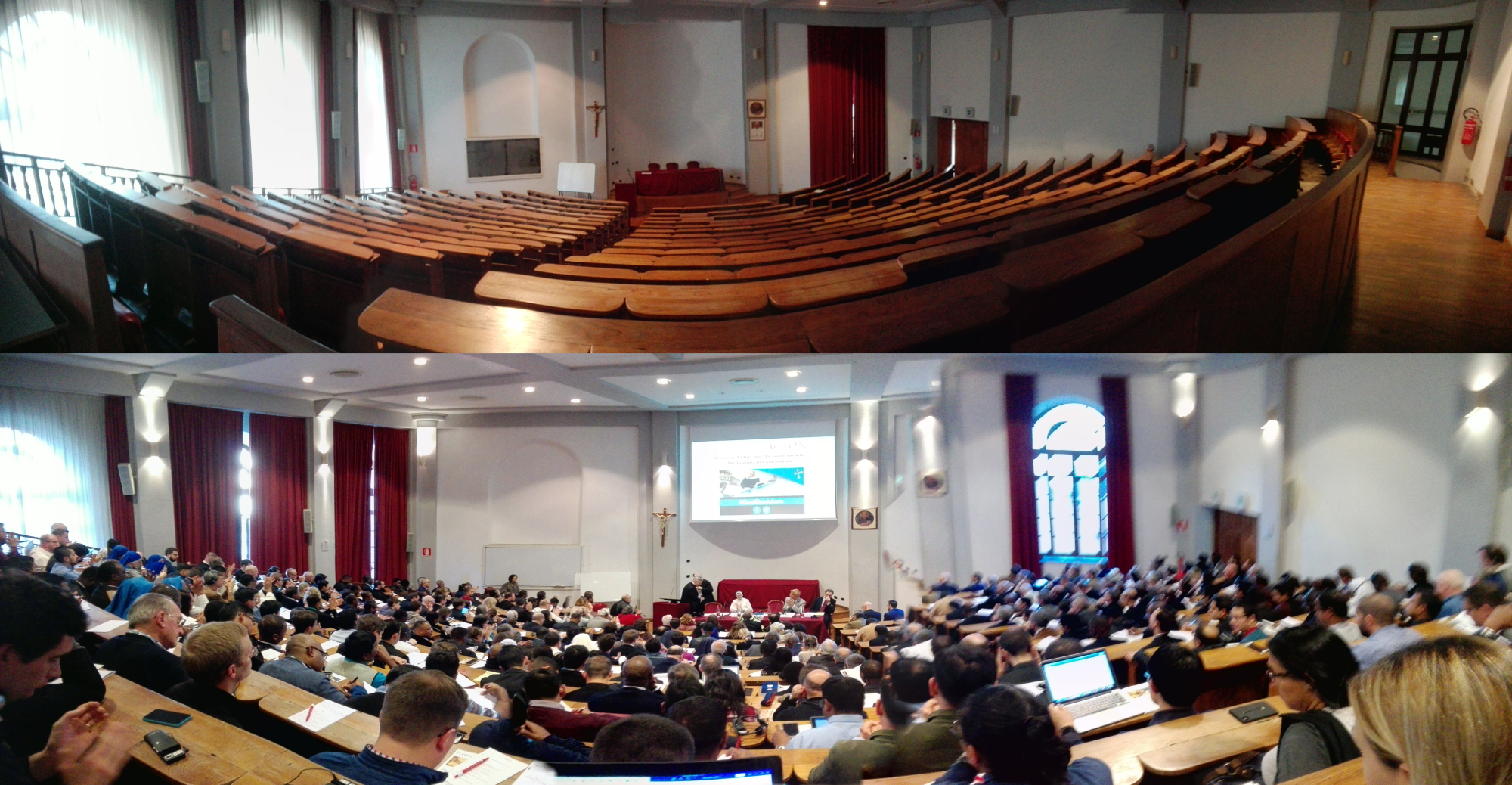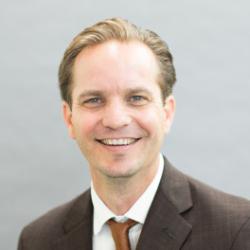Long gone are the days of Roman aulae magnae packed with 300+ students attending a lectio magistralis or an international conference, as Acton organizes each year with extraordinary success at pontifical universities. These are the very same campuses whose curricula and facilities are accredited by the Vatican, yet independently owned and operated by various religious orders (Dominicans, Jesuits, Opus Dei, Salesians, Benedictines, Franciscans, Legionaries of Christ) and the Diocese of Rome.
The pontifical university professors and students, many of whom faithfully attend Acton’s public and private seminars, are now “tele-teaching” and “smart-learning” from the shelter of their own residences as Rome enters its fourth full week of a tightly enforced quarantine to abate the coronavirus pandemic.
In the following March 30 “A Conversation from Rome” audio podcast, I took the time to speak to two enthusiastic lay students of the Dominicans’ Pontifical University of St. Thomas Aquinas, popularly known as the “Angelicum” or “Ange”.
Elias Sader (social sciences) and Eamonn Clark (theology) tell us how empty classrooms were immediately and smoothly substituted via digital instruction platforms. They remark how this has forced traditional teachers to become enterprising in their methodologies of instruction (especially with accompanying visuals) yet with some natural learning curves and unintended consequences. The good news is that the high-tech digital classroom models being developed and implemented may be a “beta test” for perfecting and later expanding some of the world’s best instruction in theology, philosophy, and social sciences beyond Rome’s seven hills. This, no doubt, would be a potentially lucrative venture for many of the Vatican’s financially challenged educational institutions.
Photo credit: Michael Severance. Full aula magna image of Acton’s Dec. 4 2018 Rome conference “Freedom, Virtue, and the Good Society: The Dominican Contribution” at the Pontifical University of St. Thomas Aquinas.

